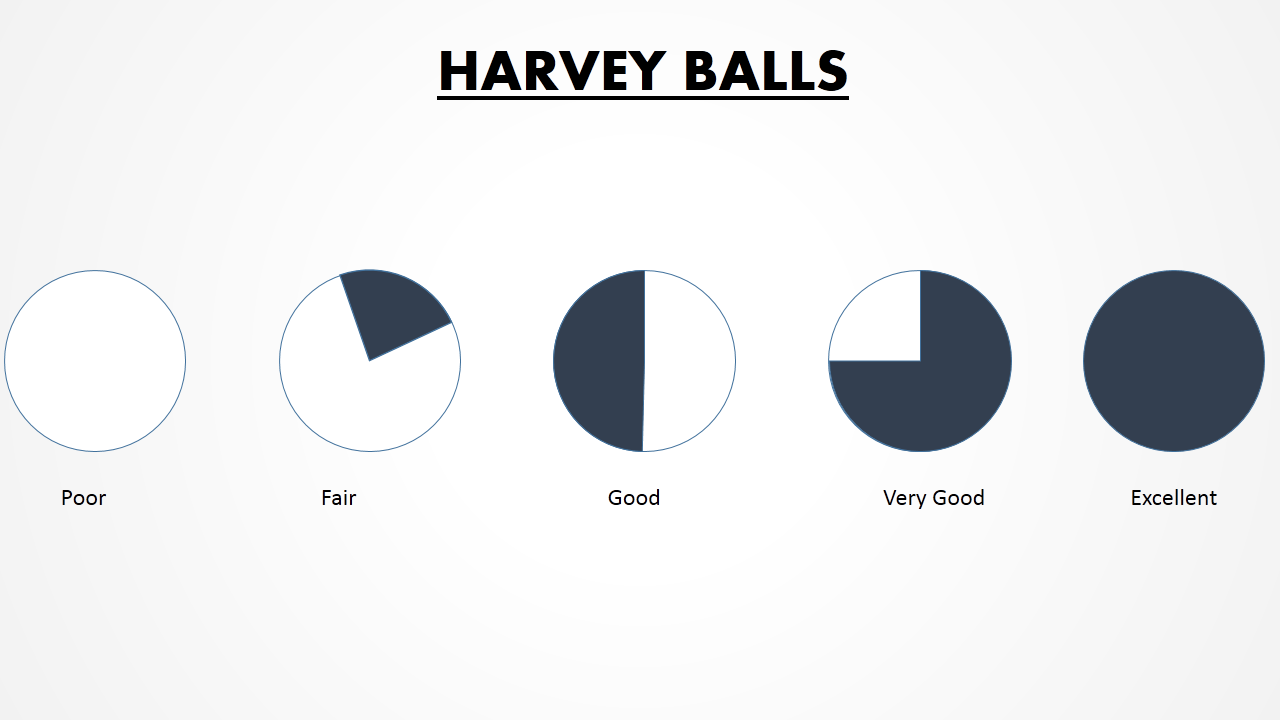Business conferences are pivotal platforms for networking, knowledge sharing, and achieving specific event objectives. Behind-the-scenes work with meticulous planning is the linchpin that ensures these events run seamlessly. This article bridges the gap between defining a conference planning checklist, addressing critical elements like event objectives and target audience, and introducing a game-changing tool: Conference Planning Checklist Templates.
At the heart of every successful business conference lies well-defined business conference planning. To make your event a resounding success, you need a clear roadmap aligned with your objectives. Effective business conference planning is the cornerstone, whether you aim to foster valuable connections, educate your audience, or unveil groundbreaking innovations.
Identifying your event objectives and understanding your target audience are two critical facets of this planning process. Your objectives provide the purpose, while your target audience shapes the content and experience. These elements are inextricably linked, forming the foundation for your conference's success.
Access a treasure trove of event planning wisdom in our blog post on the Top 10 Event Planning Templates with Examples and Samples. Click here to explore.
Imagine having a tool to streamline your planning process and elevate your presentations. Here, we introduce SlideTeam’s Conference Planning Checklist Templates, a dynamic solution meticulously designed for business conference planning. These PPT Designs are a treasure trove of efficiency and sophistication tailored to the intricacies of the business conference world.
Since each PPT Slide was painstakingly created to be 100% editable, they represent the height of usability and creativity. The content can be changed to suit your needs and effectively deliver your message. To produce memorable and significant presentations, these themes purposefully lure viewers in with appealing, content-ready layouts, attention-grabbing imagery, and stunning typography.
Let's take a look at our must-have PPT Templates.
Template 1: Event Planning Checklist for Business Conference Template
With the help of this PPT Layout, you can showcase the event planning checklist for business conferences. It features a user-friendly format that neatly organizes essential details. You can efficiently present crucial elements such as time and items with dedicated columns for checks and remarks. With this template, you can mark tasks as completed, in progress, or not yet stated, providing clear visibility into your progress. This PPT Theme ensures alignment with event objectives. It streamlines conference preparation and stays organized. Also, it is suitable for both seasoned event organizers and newcomers.
Template 2: Event Checklist for Business Conference Planning Template
With the help of this PPT Preset, you can demonstrate your event checklist in business conference planning. It helps you display essential information such as steps, departments, tasks, descriptions, responsible owners, task durations in days, and completion statuses. The statuses are conveniently color-coded, allowing you to distinguish between completed, on-track, overdue, and at-risk tasks at a glance. This PPT Layout assigns responsible owners for each task and streamlines event planning processes. It is suitable for experienced planners and conference planners who are newcomers. It elevates the efficiency and effectiveness of your planning with a professional touch.
Template 3: Corporate Event Planning Details Checklist Template
With the help of this PPT Template, you can showcase a checklist containing the number of tasks needed to be accomplished during the planning of an event. It efficiently captures vital information such as event name, date, duration, and more, all complemented by a space for corresponding comments. This PPT Theme helps you enhance the clarity and professionalism of event planning documentation. It encourages collaboration and communication among event planners. It facilitates better coordination among event planning team members. Furthermore, it improves overall efficiency and organization in event planning processes.
Don't miss out on these valuable conference planning checklist templates; check them out today!
In conclusion, having access to well-structured conference planning checklist templates with examples and samples is an invaluable resource for event organizers and professionals. These templates provide a solid foundation for orchestrating successful conferences, saving time, and reducing stress. With a comprehensive checklist, planners can ensure that no crucial detail is overlooked, from venue selection and logistics to speaker coordination and marketing strategies. By leveraging these templates, organizers can streamline their efforts, enhance collaboration among team members, and deliver exceptional conferences that leave a lasting impact on attendees. These tools empower event planners to execute their visions precisely, resulting in memorable and successful conferences.
Elevate your presentations with our premium PPT Slides through hassle-free monthly, semi-annual, and annual subscriptions.
Get insights from our latest blog post featuring the Must-have Corporate Event Planning Checklist Templates with Samples and Examples. Click here to discover valuable resources.
Find inspiration in a captivating blog discussing the Must-have Financial Audit Checklist Templates with Examples and Samples. Click here to delve into it.
FAQs on Conference Planning Checklist
How do you organize a conference checklist?
Organizing a conference checklist involves several key steps. First, define your event's goals and budget. Assemble a dedicated team and create a timeline with milestones. Select an appropriate venue, plan the agenda, and coordinate logistics such as catering and audiovisual needs. Promote the event effectively, manage registrations, and engage participants through surveys and interactive elements. Finally, don't forget post-event tasks like data analysis and future planning. Customizing this checklist for each conference ensures a successful event.
How do you plan a conference program?
Planning a conference program involves several key steps. Begin by defining your conference's objectives and target audience. Then, outline the schedule, including sessions, speakers, and breaks. Ensure a diverse range of topics and engaging speakers. Consider interactive elements like Q&A sessions and panel discussions. Allocate time for networking and breaks. Collaborate with speakers to finalize their presentations. Please review and adjust the program and communicate it clearly to participants.
What are the seven steps in arranging an event?
Event planning typically involves these seven stages:
- Conceptualization: Define the event's purpose, objectives, and target audience.
- Planning: Develop a detailed plan, including budget, timeline, and logistics.
- Venue Selection: Choose an appropriate location and secure the necessary permits.
- Vendor Coordination: Contract and coordinate vendors for catering, entertainment, and other services.
- Promotion: Create a marketing strategy to attract attendees.
- Execution: Oversee all aspects of the event, from setup to teardown.
- Evaluation: Gather feedback, analyze data, and assess the event's success for future improvements.
How do you create an event planning checklist?
Creating an event planning checklist involves these steps:
- Define Objectives: Determine event goals, scope, and budget.
- Identify Key Tasks: Break the project into manageable tasks, considering logistics, promotion, and execution.
- Set Deadlines: Assign realistic timelines for each task.
- Delegate Responsibilities: Assign roles to team members or vendors.
- Prioritize Rank tasks by importance and deadlines.
- Monitor Progress: Regularly review and update the checklist.
- Adapt and Improve: Learn from each event to refine future checklists.





 Customer Reviews
Customer Reviews










